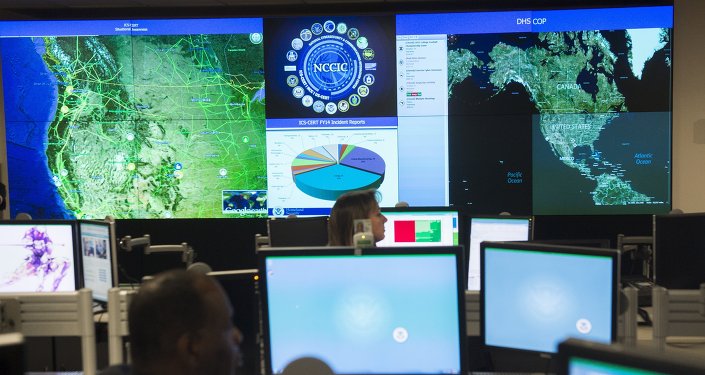-
Tips for becoming a good boxer - November 6, 2020
-
7 expert tips for making your hens night a memorable one - November 6, 2020
-
5 reasons to host your Christmas party on a cruise boat - November 6, 2020
-
What to do when you’re charged with a crime - November 6, 2020
-
Should you get one or multiple dogs? Here’s all you need to know - November 3, 2020
-
A Guide: How to Build Your Very Own Magic Mirror - February 14, 2019
-
Our Top Inspirational Baseball Stars - November 24, 2018
-
Five Tech Tools That Will Help You Turn Your Blog into a Business - November 24, 2018
-
How to Indulge on Vacation without Expanding Your Waist - November 9, 2018
-
5 Strategies for Businesses to Appeal to Today’s Increasingly Mobile-Crazed Customers - November 9, 2018
Protesters Block Thai Websites Over Plan For Single Gateway
The websites of the Prime Minister, the Defence Ministry and the Ministry of Information and Communication Technology were brought down late on Wednesday after hackers used social network sites to urge users to go online and continuously click refresh, causing overloads on the sites.
Advertisement
Thai government websites went offline on Wednesday – either in a politically motivated DDoS attack or due to poorly designed websites falling over in response to an astonishing increase in visitors.
By Thursday afternoon more than 132,000 people had signed a petition on Change.org calling on the government to abandon the proposal, while the state websites that had crashed appeared to be running but more slowly than usual.
“It was a symbolic act by people concerned about the single Internet gateway”. Activist groups, and hacktivist groups like Anonymous and others, have attacked U.S. and Canadian governments, so it’s no surprise that a wider range of global activists are attempting this approach.
However, the prime minister said cybersecurity was crucial to national security and implementation of the “digital economy”, in which business and financial data must be secured, and the usage of a single Internet gateway was one of the tools to ensure cybersecurity.
The plan for a single gateway was quietly approved at a September 1 Cabinet meeting and only became public knowledge when a sharp-eyed Internet user spotted it on an obscure corner of a government website.
Thailand’s internet flowed through a single government-owned gateway until the communications industry was deregulated in 2006, allowing dozens of companies to open their own access points, resulting in dramatically increased internet speeds. On Thursday Uttama insisted there would be “no limitation of freedom” under the proposal. “We’re still studying the good and bad points of such a plan and will consult with other countries, including those in Asean”, he said. However, the minister added the Thai prime minister Prayut Chan-O-Cha, who directed last year’s coup as then military chief, was concerned about a few “improper advice” obtained by Thais, especially adolescents.
Since seizing power Thailand’s generals have ramped up censorship, blocking scores of sites and pursuing online critics with criminal charges and so-called attitude adjustment sessions.
Advertisement
Last week, Thai media carried reports about government plans to regulate user access to the Internet by creating a single gateway that could be controlled by the authorities.




























